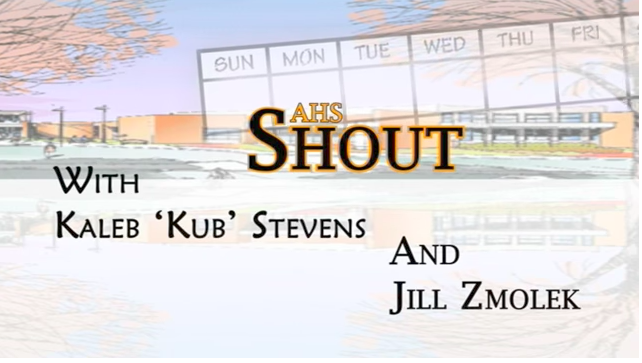Consider the following statement (bear with me): Ã propos the pseudo-fetishistic apotheosis of the inundation of prolix, Baroque qualifiers et al disseminated by one ilk of soi-disant literati ad nauseam, said consuetude augurs ill vis-Ã -vis the hitherto predominantly reticent minority of the prosaic and laconic partition of the intelligentsia du jour, who posit the a posteriori preference of ad hoc, vox populis vox dei expression. To wit, this means something to the effect of âThe view of large, complicated words as inherently good, championed by self-styled intellectuals, does not bode well for the few, unheard intellectuals who believe in succinctness and straightforwardness,â albeit with much more Latin and French (italicized). And no, ‘fetishistic’ does not mean what you think it means. There is likely a disparity in comprehension between the two statements, unless one is either exceedingly well-read or lamentably (sadly) illiterate. This stems largely from words used in an inappropriate manner, hampering the transmission of meaning. Whose fault is this? Unimportant; only the solutions matter. There are two, and both working concertedly will help to remove the gap between the aforementioned minorities (the well-read and illiterate). Perhaps the simplest way to fix this dilemma is to choose words and arrange them so as to make the writing clear, eloquent, and, especially, comprehensible by its audience. The choice of words (diction) is generally not difficult; avoiding complex words is easy (no ‘inundation’ nor ‘apotheosis’). Also, inherently simplistic words are rare, although I in particular despise the word ‘got’. While occasionally, it’s tough to describe a concept without a complex, often technical term, that situation can usually be dissolved through skillful circumlocution (i.e. talking around it). The arrangement of words (syntax) is somewhat more complicated. While grammar is often comprehensible regardless of correctness (âwhere u @?â), more complicated phrases, particularly archaic ones or ones with multiple interjections, crop up occasionally as either being impossible to understand or at least requiring effort. While this is common in, for example, Shakespeare, it is better for a writer to aspire to the bard’s sublime lyricism before mimicking his syntax. Some yet try, with nary a thought. Grammatical structure is partially subjective, and while I understand emphatically those who demand each sentence match the manuals of style (of which I prefer Oxford to Chicago and its internal comma nonsense, thank you very much), a Quixotic journey against the masses will do little. A special mention should be given to those (or varying backgrounds and degrees of vehemence) who insist that ending a sentence with a preposition should not be allowed. That never is, nor ever was it, an English rule, what it’s worth for. Although it does aid in discerning whether one should use who or whom, it is a Latin rule, and the oft-maligned (decried, insulted) usage of terminal prepositions is a stylistic choice, nothing more. It is as trivial as the serial comma. It is not simply the erudite (learned) who effect the communication gap, however. Through differences in ability, inclination, apathy, or something else, some people will simply know fewer words and use them less aptly. There is a line here. While I can’t expect everyone to be aware of what ‘inundation’ or ‘laconic’ or ‘soi-disant’ signify, I can hardly be bothered to simplify my writing to the extent that it loses its meaning. Or, as Joyce would say, BababadalÂgharaghÂtakamminÂarronnÂkonnÂbronnÂtonnÂerronnÂtuonnÂthunnÂtrovarrhounÂawnskawnÂtoohooÂhoordenenÂthurnuk.







































